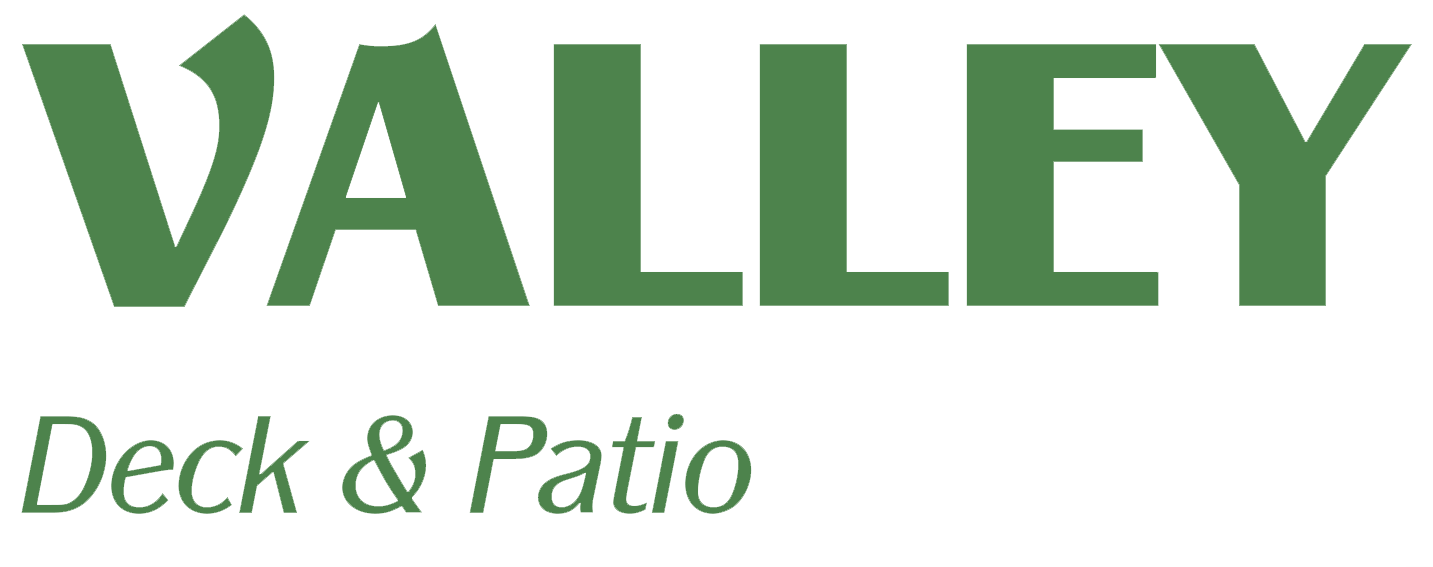What Are Permeable Pavers?
For thousands of years, people have been placing interlocking paving materials down for fast, clean, and efficient travel. Today pavers have a decorative aspect to them and offer home and business owners the ability to customize their walkways and parking spaces to fit the look of their property. You can achieve paved areas through several different materials such as concrete, asphalt, brick, and natural stone. In recent years there have been advancements in paver technology that have led to the introduction of permeable pavers. But, you might be asking yourself, what are permeable pavers? The professionals at Valley Landscaping can answer this question and the many others you may have about hardscape services. Learn more by calling 410.983.6261.
Backyard Drainage Problem? Try Permeable Pavers
Permeable pavers come in a wide selection of materials, but they all have one thing in common that classifies them as permeable. In short, permeable means penetrable. In the case of pavers, it means that water will pass through instead of collecting on the surface, as is the case with traditional paving methods.
Benefits of Permeable Pavers for Hardscape Design
If you have never dealt with drainage issues, you probably aren’t aware of how much trouble they cause. Permeable pavers bypass this problem by allowing water to pass through the pavement and into the ground below. This avoids the need to surround your driveway or parking lot with drainage systems and saves you a ton of money on the overall project. In addition to making your life more convenient, there are some legitimate environmental benefits of permeable pavers. Traditionally when water collects upon the pavement’s surface, it absorbs any toxins and harmful materials that it comes in contact with on its way to and through the drainage system. This water then makes its way into the local waterways, be it the ocean, rivers, or lakes. With porous pavers, water flows straight into the ground, which acts as a natural filter cleaning the water before it reaches any other central body of water.Another significant benefit of this type of pavement is that it reduces the amount of water that your local sewer system has to deal with after heavy rainfall. Reducing water flow in your local sewer system lessens the chance of flooding and sewer malfunctions around your home. This is such a significant issue that many places are starting to limit the amount of non-permeable pavement an individual household can have.
Types of Permeable Pavers
Permeable paving can be achieved with traditional concrete, brick, or stone by leaving gaps between the individual pieces. However, if you don’t want there to be gaps between your pavers, you can opt for porous concrete, which has holes to allow the passage of water. More recent advancements in permeable paving are plastic and interlocking pavers which can be significantly more affordable than other materials.
Permeable Concrete
This type of pavement is made differently than regular concrete to allow for the increased rate of absorption needed to prevent the buildup of water. It isn’t the most cost-effective and durable method but is a good choice for those looking for a traditional concrete look.
Interlocking Pavers
Interlocking pavers can be made from just about anything, and they work by leaving small gaps between individual pieces in which water can flow through to the ground. Unfortunately, this type of pavement can become backed up over time as foreign materials build between the pavers, making regular cleaning necessary.
Plastic Grid Pavers
Although non-traditional in their look, plastic grid pavers are quickly becoming a preferred method for a long-term and low-maintenance paving option. Easily the most permeable paving, plastic pavers are installed and then filled with dirt, grass, or gravel for maximum absorption.
Hardscape Services in Maryland
When it comes to the permeable paver and hardscape design and installation in Maryland, Valley Landscaping is your best choice. Contact us today at 410.983.6261 to schedule your consultation.
